Philippines Being a Major Source of Plastic in the Pacific Ocean, Yeah We Number One.
I found this infographic from VisualCapitalist
over a post on reddit and it sparked a quest for knowledge between study breaks. Browse something interesting online during study breaks and if there’s something that gets my attention, pursue the topic and see how much I can dig up for the limited minutes of time. It’s a fun game I do to keep myself awake when the reference books I had to read bore me to sleep.
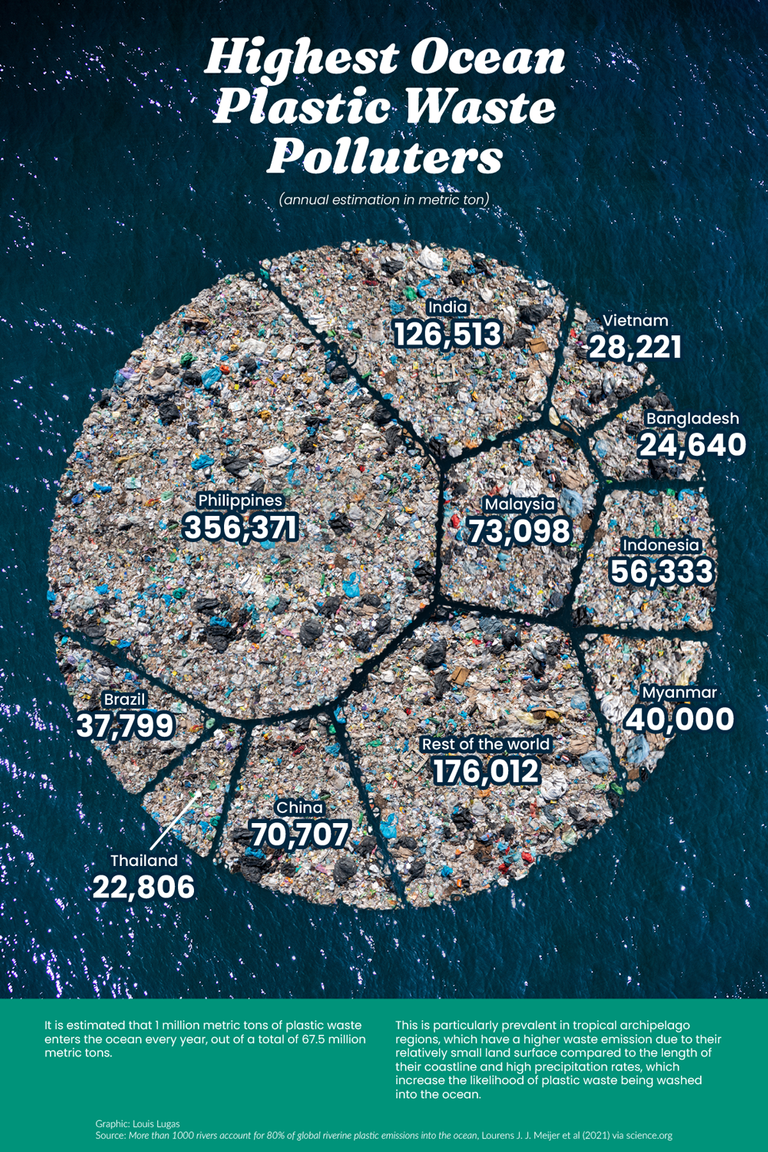
Disclaimer: I’m not an expert in the field I’m making an opinion about. I just saw something I found interesting online and tried searching more about the topic to make the closest informed opinion I could arrive and this post is the product of that hobby reading. Nothing here should be taken as an expert opinion, if you learned something new, great, that’s the bare minimum I want to accomplish from this post. Nothing in the post was written by AI.
At face value, the image just screams at me to question it. How could a small country take up a lot of share in polluting the Pacific Ocean? While the rest of the world isn’t as competitive?
According from this website theoceancleanup you’ll see an interface that features a global map integrating the formula presented in the study used. Highlighted in a red box at the right is the amount of estimated garbage that went into the ocean at the time I was browsing and this was only a few minutes into browsing. Play with the web's UI like it's some Google map for fun.
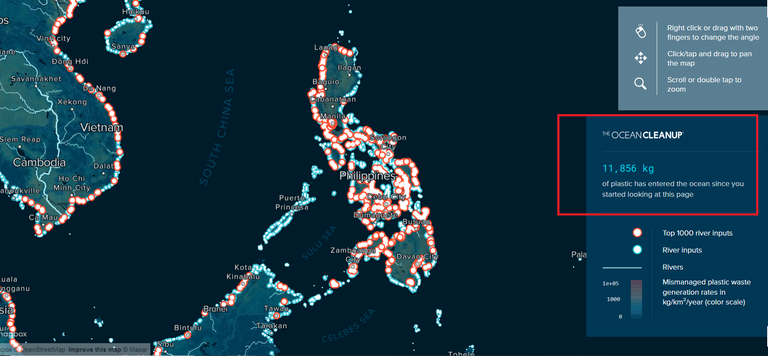
Here’s a link to the study made by Lourens J. J. Meijer et al (2021) via science.org used to generate the infographic shared on VisualCapitalist. Below is a snippet of the discussion section of the study:
Therefore, Mismanaged Plastic Waste (MPW) near a river and near the coast has a relatively high probability of entering the ocean, while MPW far upstream in a basin has a lower probability of entering the ocean. By considering these parameters, relatively small yet polluted river basins contribute proportionally more compared to large river basins with equal amounts of MPW generation within the river basins. Cities such as Jakarta and Manila are drained by relatively small rivers, yet observations and our model suggest that these rivers contribute more than rivers such as the Rhine or the Seine, for which the MPW generation is similar yet located further upstream.
The study is a long read and some formulas expressed to arrive at the MPW estimated in the end.
Ok, so there is a research done to support the claim, I get that, but I’ve not yet explored how it came to be from the root. I know the Philippines generates a lot of metric tons of plastic waste and has a lot of MPW. But what else is contributing to the problem?
A quote I took from VisualCapitalist
Many high-income countries generate high amounts of plastic waste, but are either better at processing it or exporting it to other countries. Meanwhile, many of the middle-income and low-income countries that both demand plastics and receive bulk exports have yet to develop the infrastructure needed to process it.
Also from the same site but reported for 2019, the numbers presented were also different with Philippines being the 3rd on MPW.
Question:
How exactly does a country with known lack of solid waste management systems, poor political planning on things related to garbage disposal and unreliable infrastructure to process recyclable waste be the go to dumping ground by developed countries that have better waste management infrastructure?
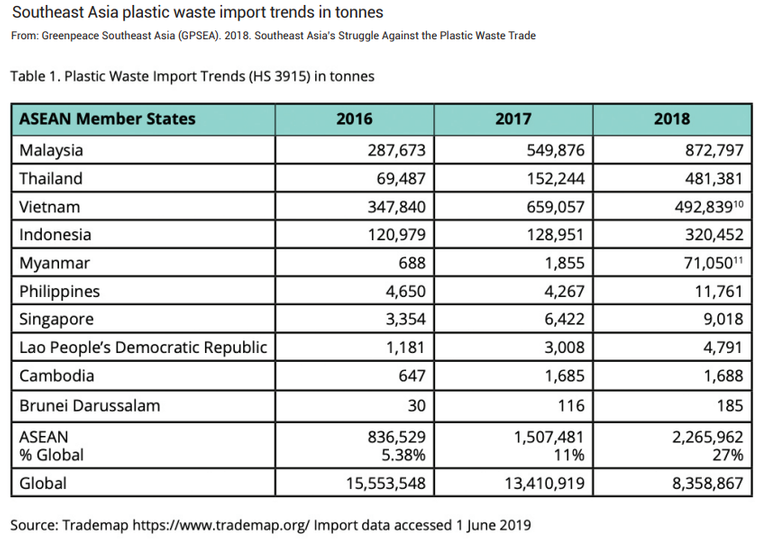
The Philippines takes in the exports of garbage sent by surrounding developed nations and even as far as Canada and United States. There’s a law that prevents it from receiving toxic hazardous waste and only items tagged as “recyclable” are allowed to enter. But due to political integrity issues this country has, we couldn’t really expect much from the rampant smuggling that goes on. If food, mechanical parts, and contraband products can get in the country, it’s not that hard to imagine trash from other countries can get through despite laws implemented to ban these.
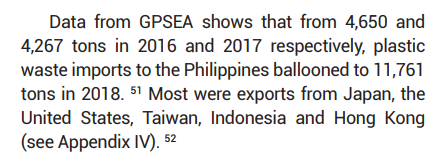
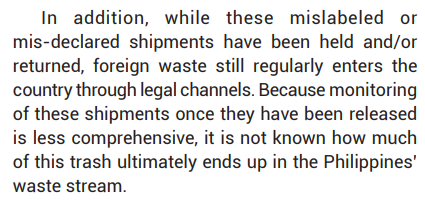
According to Greenpeace Philippine and EcoWaste Coalition, March 2020, the country has been a foreign dumping ground by developed countries. The link contains more information about the foreign dumping activities and measures to reduce the impact the problem causes. It’s another long read but worthwhile if you’re already invested in the topic.
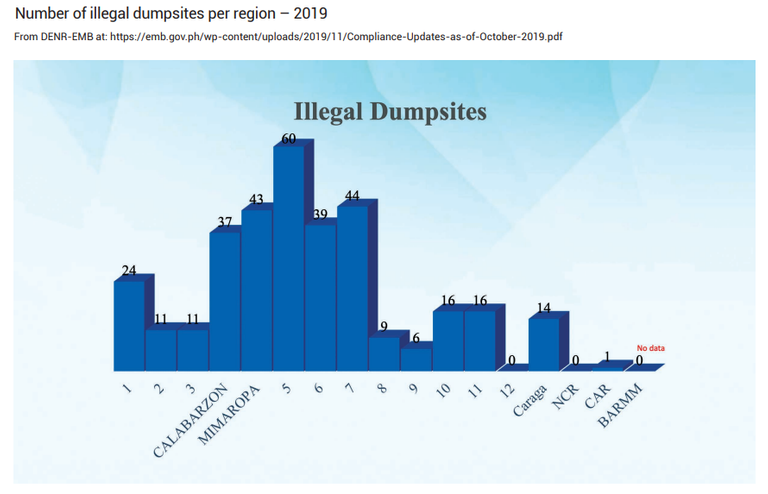
If you check CALABARZON, MIMAROPA, and regions 5 to 7, these are places near the shorelines of the country.
And down the rabbit hole from Worldbank.org is market study for Philippines plastics circularity opportunities and barriers highlighting the factors that contribute to the waste problem using to the economy. Ever heard about the term "sachet economy"? I'll leave this part for you to Google up.
Here are the conclusions I came up with from my Google search:
- The quantity of trash statistically reported will depend on which website you ask and when it was published.
- Some sites don’t really show where they get their references from but they have a nice infographic to look at so you just have to take their word for it. The trash is from the Philippines even if the nature of the garbage shows brands clearly not produced from the country.
Personal Learnings:
Other than those already stated above, this issue is something people should be conscious about especially for the people living in the Philippines. The same country that is believed to be the bane of the Pacific Ocean’s ecosystem.
I admit the topic deserves a lot more hours of dedicated reading to be fully understood in depth so I encourage anyone who knows the subject more to point out any errors in the post that I have committed.
The graphs were taken as screenshots from Greenpeace Philippine and EcoWaste Coalition, March 2020
The goal of this 1k word post is to share some knowledge and give people an excuse to tip me some of them good stuff called Hive tokens.
If you made it this far reading, thank you for your time.
Every time I buy a bottled water in stores the prices ranges from:
350ml - PhP10, 500ml - PhP15, 1 Liter - PhP20.
After finishing a 350ml in less than 1 minute, in my mind "So what are we really buying here? I guess a 350ml platic bottle cost about PhP5-7 per piece?" and so if ever I buy bottle water I get the 1 Liter, so then I could keep the bottle and used as a container at home.
Relying this to the government will only result in delay and will become more problematic. It all starts with
Awareness, such as this post is very much needed, next isWillingness, it will always starts within the people and the community, changing their mindset is vital, if people really do want change, comes inAction, everyone must be in for it, advocating, community-based projects for recycling plastics to every corner of the inter-island becoming as oneUnit, that's that a better way to be heard and have betterCommunicationwith the govermnent, and the rest will be history.Earth is our natural spaceship within the vastness of the galaxy, it's so weird why capitalist care less of taking care of the environment. oh wells life goes on.
eat my !PIZZA
mebu for mayor hahaha aw
haha nangangampanya talaga ako witty haha
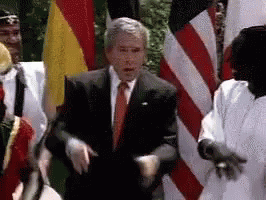
You're buying the marketing, logistics, processing fee, and the additional VAT. We'll get a near accurate picture once the record keeping from the local stats get their shit together instead of just saying once the trash is out there, there's no way to track or unlcear where it all ends up with.
I gifted $PIZZA slices here:
sensiblecast tipped adamada (x1)
@curation-cartel(7/20) tipped @adamada (x1)
Please vote for pizza.witness!
https://twitter.com/259651643/status/1627992378266222594
The rewards earned on this comment will go directly to the people( @sensiblecast ) sharing the post on Twitter as long as they are registered with @poshtoken. Sign up at https://hiveposh.com.
Hi @adamada, I just read your post and wanted to let you know that I found it really informative/interesting/thought-provoking. Thank you for sharing your insights! I also upvoted the post to show my support. Looking forward to reading more from you in the future
So the country needs to stop being the world dump ... time for the politicians to reject the garbage from other countries, I think I read something about it a long time ago. The Philippines is a beautiful country! I appreciate that you bring this topic in here! The more people knows about it, more they will fight against this problem
!1UP
Not as easy as it sounds since it's an integrity problem within and how developed countries can get away with placing themselves as cleaner when they be dumping their trash on developing countries economically dependent of them too.
You have received a 1UP from @gwajnberg!
@stem-curator
And they will bring !PIZZA 🍕.
Learn more about our delegation service to earn daily rewards. Join the Cartel on Discord.
I also recently saw the chart and immediately thought it was because of shipping waste to the Philippines combined with the countries normal plastic use is a large contributor to that. It sounds like it’s definitely a big issue but with any big issue like that there’s opportunity to innovate a way to solve it so I’m hoping that we can innovate that and reduce the impact! People are smart, we just need to get a bit of money behind us and we can do amazing things. We also need to make sure corruption doesn’t get in the way as it often does in countries around the world.
It's an issue being downplayed where developed countries frame their systems being clean but just repackage their trash to other underdeveloped countries to be our problem now.